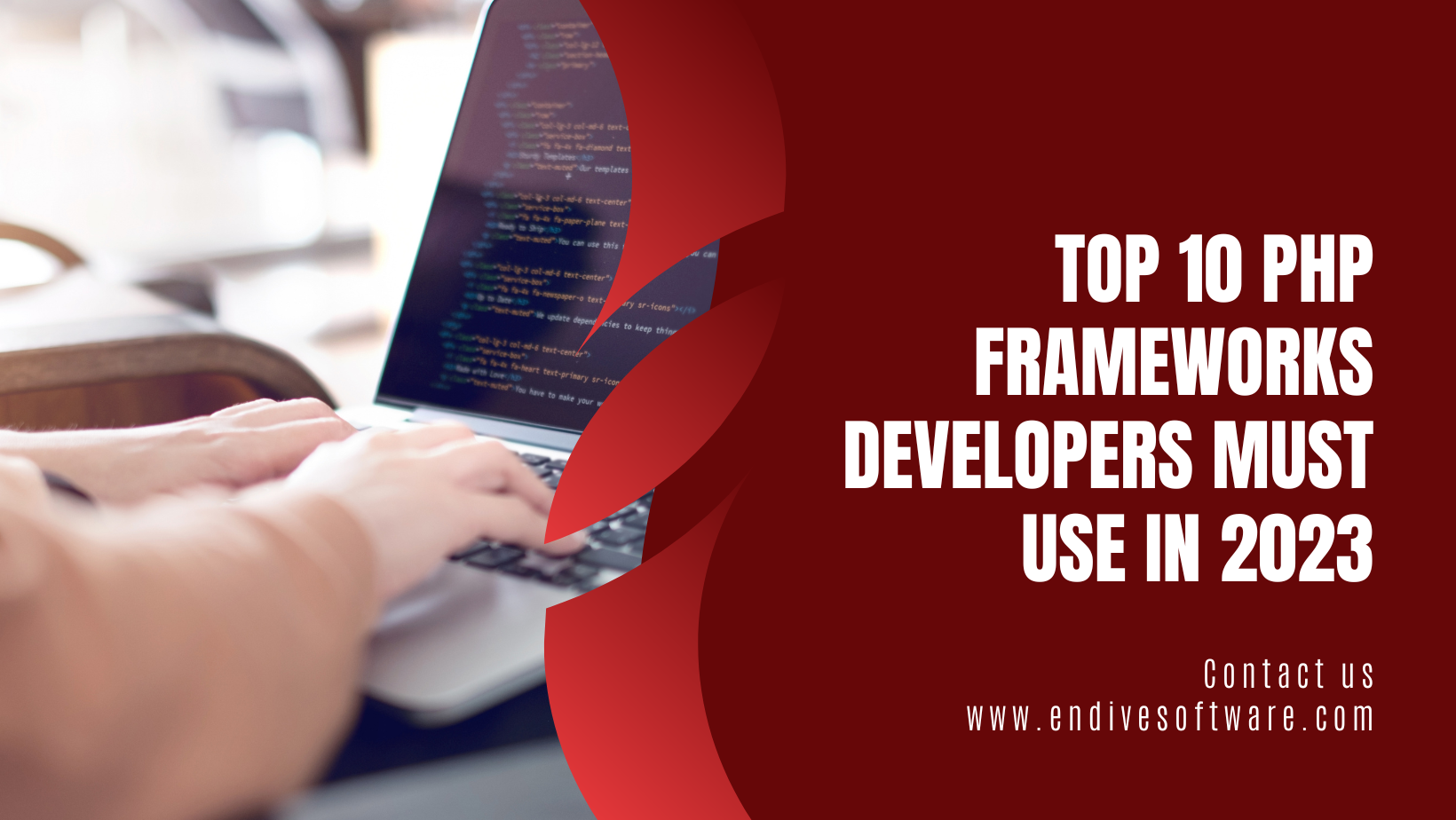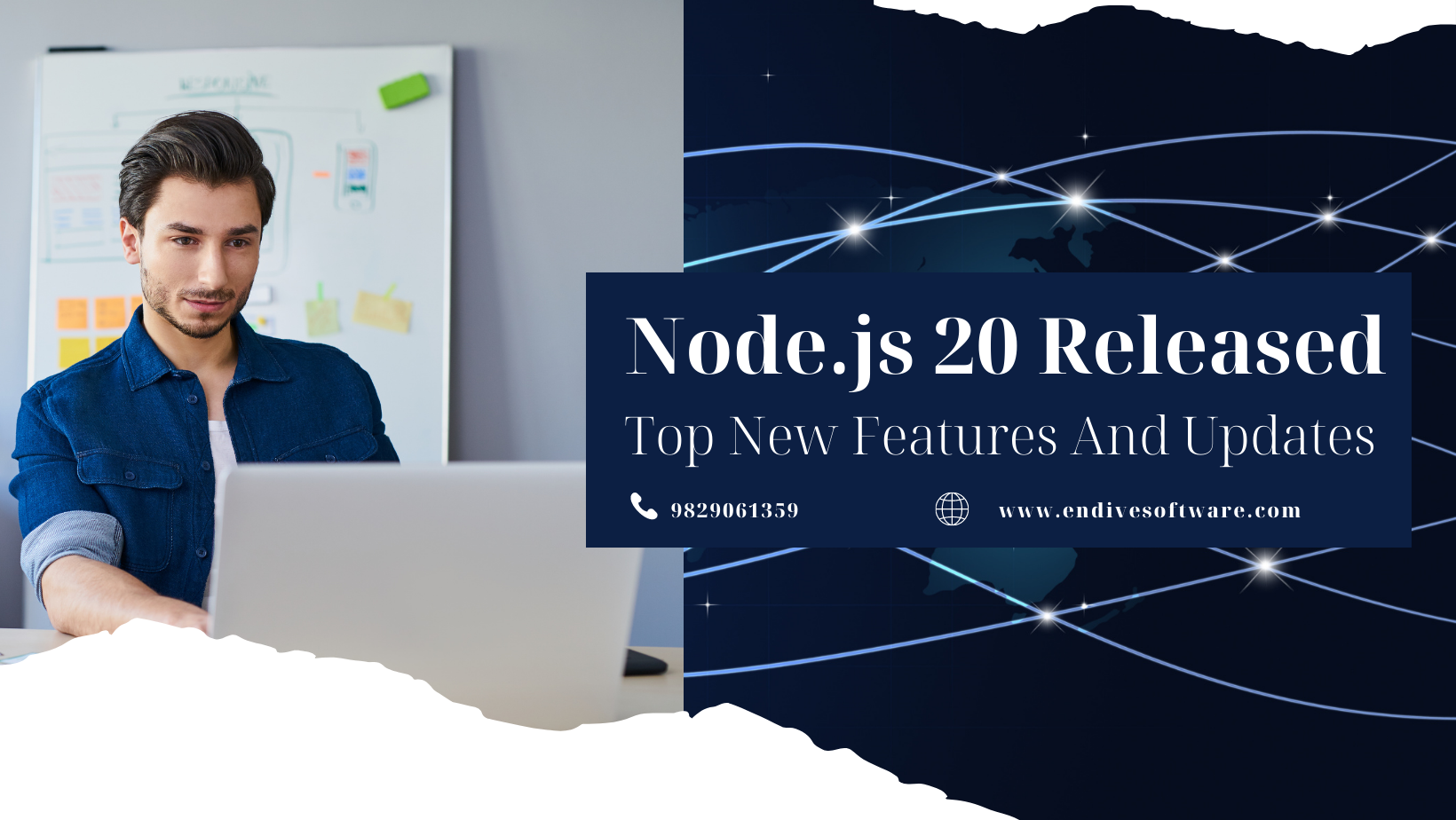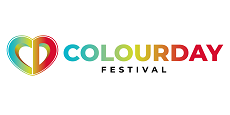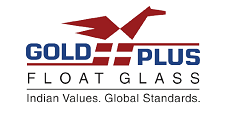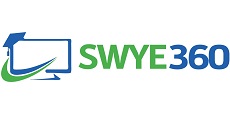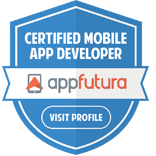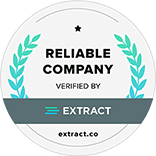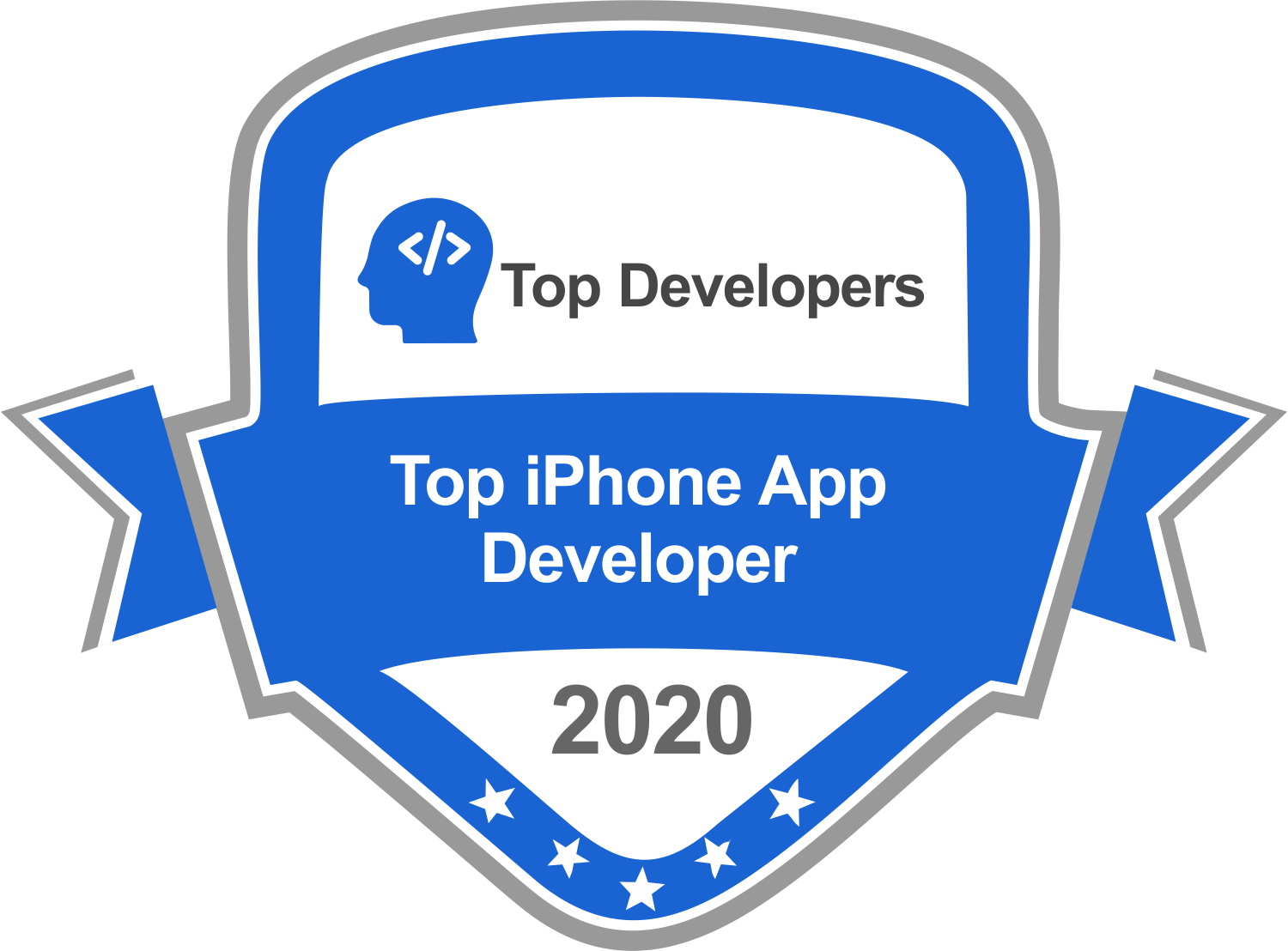PHP is a widely used server-side programming language that has been around for over two decades. It is known for its simplicity, ease of use, and versatility. With the constantly evolving web development landscape, it’s important to keep up with the latest tools and technologies to stay ahead of the competition. One way to do this is by utilizing the right PHP framework for your project.
In this article, we will discuss the top 10 PHP frameworks that developers must use in 2023.
Laravel
Laravel is currently the most popular PHP framework and for a good reason. It’s known for its simplicity, flexibility, and elegance. With features like routing, middleware, and authentication, it makes web development a breeze. Laravel also provides a rich set of tools and libraries, making it a popular choice for building complex web applications.
Symfony
Symfony is another popular PHP framework that is widely used by developers. It’s known for its robustness and scalability, making it an ideal choice for large-scale web applications. Symfony provides a wide range of features and components, including authentication, templating, and caching.
CodeIgniter
CodeIgniter is a lightweight PHP framework that is perfect for small and medium-sized web applications. It’s known for its simplicity and speed, making it a popular choice for developers who want to build web applications quickly.
CakePHP
CakePHP is another popular PHP framework that is known for its simplicity and ease of use. It provides a wide range of features, including authentication, security, and caching. With its clean and organized code structure, it’s easy to maintain and extend web applications built with CakePHP.
Yii
Yii is a high-performance PHP framework that is known for its speed and security. It provides a rich set of features, including authentication, caching, and internationalization. Yii is also highly extensible, making it a popular choice for developers who want to build complex web applications.
Phalcon
Phalcon is a PHP framework that is known for its speed and performance. It’s written in C and provides a rich set of features, including routing, caching, and templating. With its low overhead and fast execution speed, Phalcon is an ideal choice for high-performance web applications.
Slim
Slim is a micro PHP framework that is perfect for building small and simple web applications. It provides a minimal set of features, including routing, middleware, and templates. With its simplicity and ease of use, Slim is a popular choice for developers who want to build web applications quickly.
FuelPHP
FuelPHP is a PHP framework that is known for its flexibility and extensibility. It provides a wide range of features, including authentication, caching, and security. With its modular structure, FuelPHP is easy to maintain and extend, making it an ideal choice for large-scale web applications.
Zend Framework
Zend Framework is a PHP framework that is known for its flexibility and extensibility. It provides a wide range of features, including authentication, caching, and templating. With its modular structure and component-based architecture, Zend Framework is easy to maintain and extend.
Slim4
Slim4 is the latest version of the Slim PHP framework, released in 2020. It provides a minimalist approach to web development, with a focus on speed and simplicity. With its modern architecture and component-based approach, Slim4 is a popular choice for developers who want to build web applications quickly and efficiently.
In conclusion, Choosing the right PHP framework is essential for building robust, scalable, and maintainable web applications. Each framework has its own set of features and strengths, so it’s important to choose the one that best suits your needs. By using one of these top 10 PHP frameworks, developers can build web applications.
